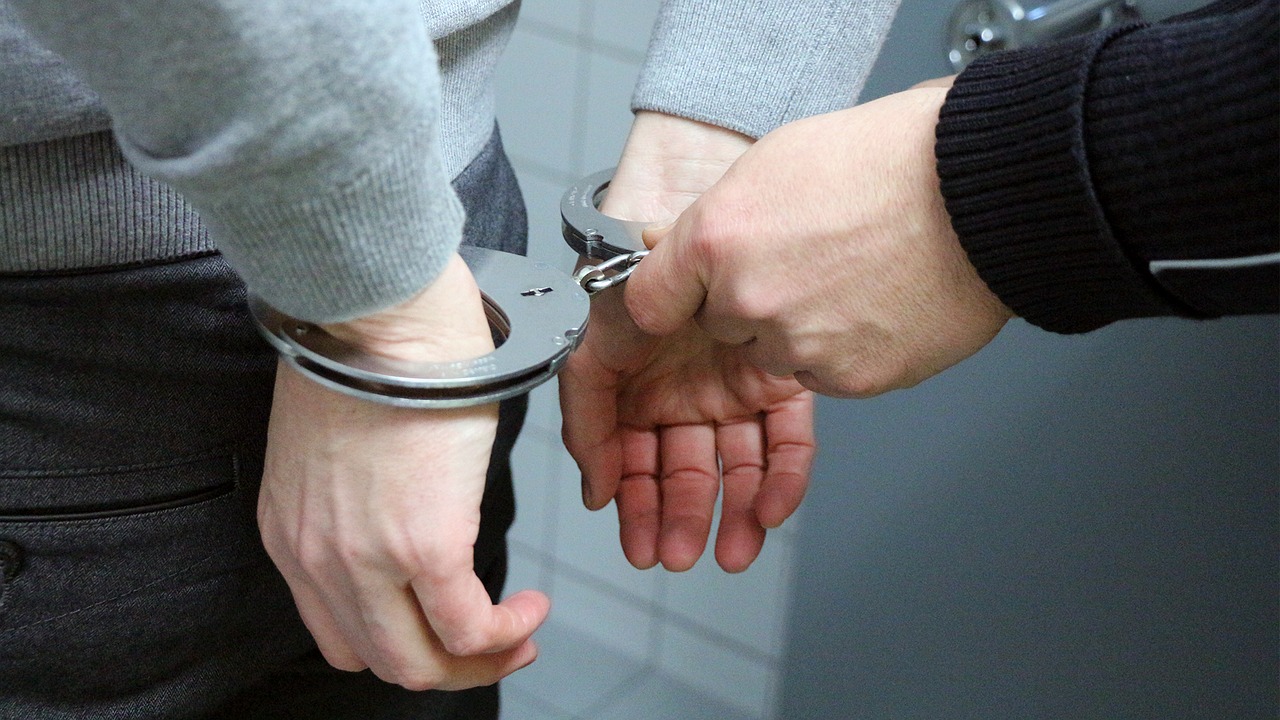
When a driver is charged with Driving While Intoxicated (DWI) they can face serious consequences. If an individual is found guilty of driving with a blood alcohol concentration (BAC) over the legal limit of 0.08%, they may be charged with a DWI. A person’s BAC can be determined through the use of a Breathalyzer or an Alcotest.
However, if a driver is found with a BAC of over 0.10%, they can be charged with a High BAC DWI. This is a completely different charge altogether. Courts and judges in the state of New Jersey are aggressive in charging those who drive while intoxicated, especially those with a very high blood alcohol content level. A High BAC DWI charge comes with more serious penalties than those of a regular DWI charge.
When law enforcement officers discover a driver with a High BAC, they are strict in enforcing charges and penalties. Drivers with a BAC of 0.10% or higher may face the following penalties:
It is important to know that the state of New Jersey does not issue hardship license to drivers. A hardship license is issued when a regular license is suspended, allowing individuals to drive under certain circumstances. A driver charged of a High BAC DWI cannot request a special license for any work or school necessities.
When facing a High BAC DWI charge, it is important to know the defense options that may free you of conviction. When an officer pulls over a suspected drunk driver, they are required to follow a certain set of steps and rules before they may charge someone. This may include:
If you have been charged with aggravated driving while intoxicated and wish to speak with an experienced attorney, contact The Law Office of Kevin T. Conway today.
© 2024 The Law Office of Kevin T. Conway. All rights reserved.